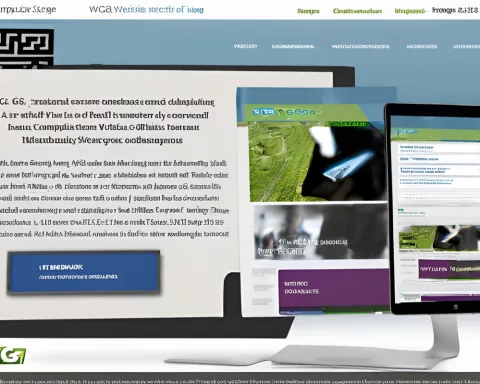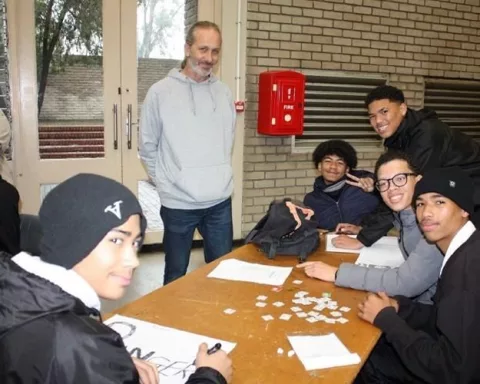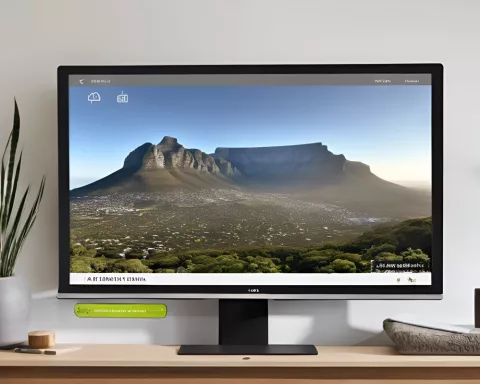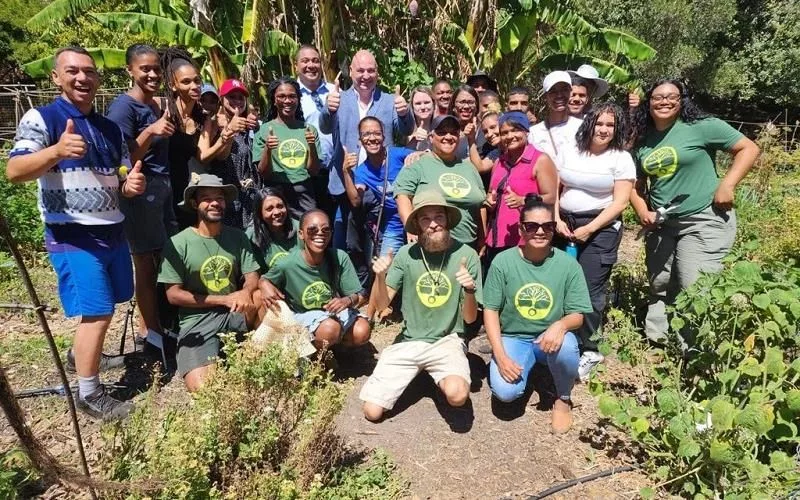Cape Town is transitioning from postal to electronic notifications for urban planning to enhance efficiency, convenience, inclusivity, and accessibility for residents. The proposal is open for public consultation until February 22, 2024, and feedback can be submitted via email or the City’s official website. This digital transformation is a significant stride towards enhancing service delivery while cultivating a sense of community among residents.
How is Cape Town transitioning from postal notifications to digital alerts for urban planning?
The City of Cape Town is proposing to switch urban planning notifications from registered mail to electronic mail to enhance efficiency and convenience for residents. This change is also more inclusive and accessible to all residents. The proposal is open for public consultation until February 22, 2024, and feedback can be submitted via email or the City’s official website. This digital transformation is a significant stride towards enhancing service delivery while cultivating a sense of community among residents.
In the midst of scenic splendor and rich culture, the City of Cape Town is launching a remarkable journey of transformative innovation. Starting from the 22 of January 2024, the city is encouraging its inhabitants and all sub-councils to partake in a collective consultation process. The ultimate goal is to gather insights on a suggested revision related to the City of Cape Town Municipal Planning By-law (MPBL).
From Postal Notifications to Digital Alerts
In the past, urban planning notifications under the MPBL, particularly those affecting the rights or justified expectations of the concerned parties, were sent via registered mail through the South African Post Office (SAPO). However, in an age where technology is shaping our lives, the City is convinced it’s the right moment to transition from conventional to digital methods.
Fully aware of the difficulties residents encounter when collecting registered mail from the post office, the City now proposes to switch the notification method from registered mail to electronic mail. The City believes that this decision epitomizes a city that is attentive and compassionate.
Under the vigilant supervision of Alderman Eddie Andrews, the Deputy Mayor and Mayoral Committee Member for Spatial Planning, this creative proposal has been presented. “The transition to electronic mail, or email as we typically refer to it, will be much more efficient and convenient for everyone involved. It also offers a financial advantage to applicants since they no longer need to absorb the cost of registered letters. We are eager to hear your feedback on this proposal,” Andrews expresses.
Inviting Public Consultation on the Proposal
The proposal will remain open for public consultation until the 22nd of February 2024, during which residents are encouraged to voice their thoughts and offer suggestions on the proposed change.
Submissions can be made through two key channels: either via email, sent to lums@capetown.gov.za, or through the City’s official website, www.capetown.gov.za/haveyoursay. This procedure ensures that all residents’ voices are heard, including those who are illiterate, those with disabilities, and underprivileged groups who might find it difficult to submit their comments.
The City’s Public Participation Unit is ready to provide assistance to these individuals, making sure their feedback is documented and delivered to the City. Anthea Bendie, a city representative, is available for this service.
From Efficiency to Inclusivity: The Digital Transformation Impact
The possible implementation of this digital transformation is not solely about efficiency and cost savings. It also embodies inclusivity and accessibility, guaranteeing that every resident, regardless of their abilities or circumstances, can contribute to the city’s planning processes.
For any queries regarding the proposed amendment, residents can contact Schalk De Jager through email.
This change represents a significant stride towards digitalization for the City of Cape Town, reinforcing its dedication to enhancing service delivery while cultivating a sense of community among its residents. It further reaffirms the city’s readiness to welcome change and leverage technology for the betterment of its residents.
Regardless of whether this proposed amendment is adopted, the process has already initiated a dialogue about effectively utilizing digital tools for community engagement. The proposal acts as a reminder that the residents’ voices are crucial and that everyone can contribute to shaping the future of the City of Cape Town.
What is the goal of Cape Town’s transition to digital alerts for urban planning?
The goal of Cape Town’s transition to digital alerts for urban planning is to enhance efficiency, convenience, inclusivity, and accessibility for residents. The proposed change is open for public consultation until February 22, 2024, and feedback can be submitted via email or the City’s official website. The City believes that this digital transformation is a significant stride towards enhancing service delivery while cultivating a sense of community among residents.
What is the proposed change in Cape Town’s urban planning notification method?
The proposed change in Cape Town’s urban planning notification method is to switch from registered mail to electronic mail for more efficient and convenient communication. The change is also more inclusive and accessible to all residents. The proposal is open for public consultation until February 22, 2024, and feedback can be submitted via email or the City’s official website.
What is the deadline for the public consultation on Cape Town’s proposed change in urban planning notification?
The deadline for the public consultation on Cape Town’s proposed change in urban planning notification is February 22, 2024. Residents are encouraged to voice their thoughts and offer suggestions on the proposed change through email or the City’s official website. The City’s Public Participation Unit is ready to assist residents who might find it difficult to submit their comments.
How can residents submit their feedback on Cape Town’s proposed change in urban planning notification?
Residents can submit their feedback on Cape Town’s proposed change in urban planning notification through email or the City’s official website. The email address for submissions is lums@capetown.gov.za, and the website link is www.capetown.gov.za/haveyoursay. The City’s Public Participation Unit is ready to assist residents who might find it difficult to submit their comments.
What is the impact of Cape Town’s digital transformation on inclusivity and accessibility?
Cape Town’s digital transformation aims to enhance inclusivity and accessibility by guaranteeing that every resident, regardless of their abilities or circumstances, can contribute to the city’s planning processes. The proposed change from registered mail to electronic mail is more inclusive and accessible to all residents. The City’s Public Participation Unit is ready to provide assistance to individuals who might find it difficult to submit their comments.
Who can residents contact for queries regarding Cape Town’s proposed amendment?
Residents can contact Schalk De Jager through email for any queries regarding Cape Town’s proposed amendment. The email address for queries is not provided in the information given.












